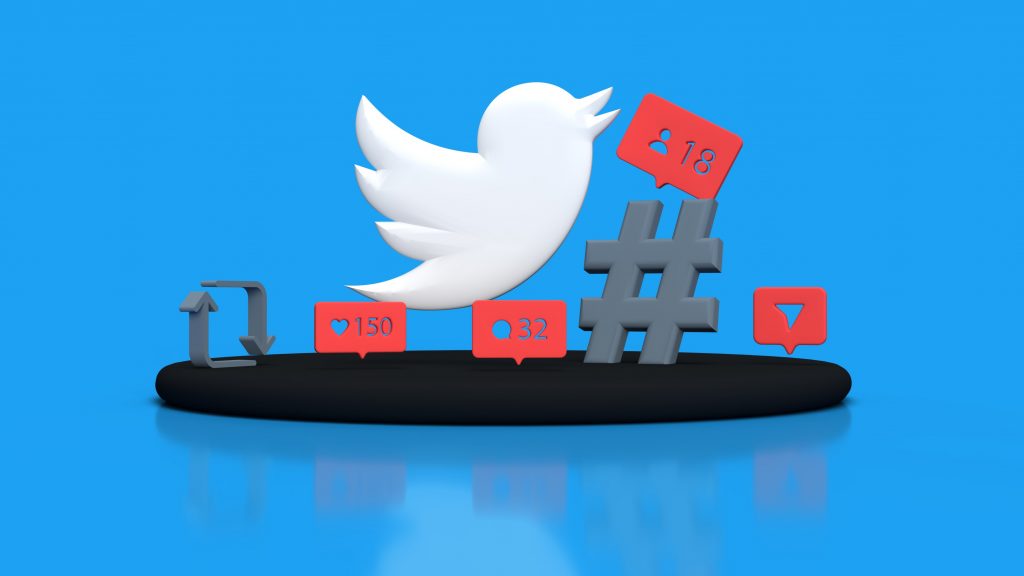Social media has created a whole new headache for brands and their employees, and many are still getting to grips with it. It’s an issue that’s become more prominent as society has embraced online campaigning.
In various sectors, campaigners have started pressuring employees to agree with their views or goals. Or to put pressure on their employers to make a statement of support or take an action they want to see.
It’s not that easy to speak out on political and social issues
It’s a difficult situation. An employee may agree with the campaigners, and decide to campaign for change internally, but this won’t usually be evident to the people calling for action. So, people keep saying “do something about this!”.
However, if the employee decides to say something on social media, maybe a quick “yeah, I agree we need to do better” or a “we don’t agree with X view”, they’re putting the brand and themselves at risk.
A good brand statement will sound authentic and empathetic because it is. It’s what the organisation believes. But that statement will go through several teams – like legal and PR – before it sees the light of day so that the brand can say what it wants to without costly lawsuits or angering more people than it pleases through a poor choice of words.
Social media does a good job of making us feel like we’re closer to people than we are. A random employee of a person’s favourite brand may feel like an online friend if they chat to them a lot, but they’re just someone trying to do their job.
They’re also human. They don’t want to be targeted and harassed by mobs of people – even if those people are campaigning for a good cause, because they usually have no control over the decisions of their employer.
Often, the only choice open to them – if they don’t speak out without authorisation – is to leave if the business fails to live up to its values. But that’s going to be harder right now too.
How can you help your employees, especially those who represent the brand on social media?
It’s not just the people who run the social media accounts that represent the brand. Anyone who works for the company, has it in their bio and/or posts regularly about exciting company news or interacts with fans, is representing the brand. They need help on knowing what to do to manage difficult situations on social media.
- Have strong guidelines. Have easy-to-read, accessible social media guidelines that you regularly update to reflect new platforms and trends that you’re seeing in your specific fan communities. These aren’t just for the social media managers, but any employee on social media.
- Be clear about consequences. What could happen if someone feels directly attacked by the brand because of an employee’s social media post? What will happen if an employee breaks social media guidelines? People need to know where they stand and why these sorts of rules are in place. Also, know the consequences of leaving your employees to fend for themselves. Think about how stressful it is to manage a crisis in a team – now imagine fending off an avalanche of angry social media posts alone, with no real way to stop it. It can have a harsh effect on a person’s mental wellbeing.
- Ask what the brand can learn from difficult situations on social media. Maybe they’re passionate because it’s something the brand needs to take a public view on. Perhaps, by speaking out, they’re showing you that there’s a disconnect between your brand and a section of its fanbase and employees.
- Be kind. Give your employees the benefit of the doubt (if they are otherwise great performers). Often, employees will only get to the ‘speaking out on social’ stage when they’ve been bombarded with posts from hundreds or thousands of people for weeks or months – this is in addition to trying to do their regular jobs.
- Train all of your employees, not just your social team. The emergency services, airports etc., drill their staff regularly in how to handle a crisis – including activism. It’s important to note that this isn’t “how can we manage these people to get them to shut up”, but “how can we do better?” and “how can we resolve this situation in a way that gets a good result for the brand and those affected by the issue?”. Our social media simulations offer a great way to train for a crisis situation, or reputational issue before it happens.
–








